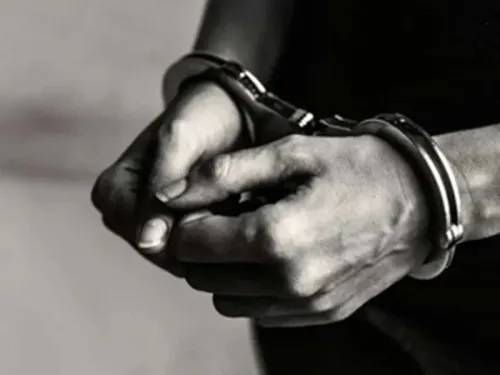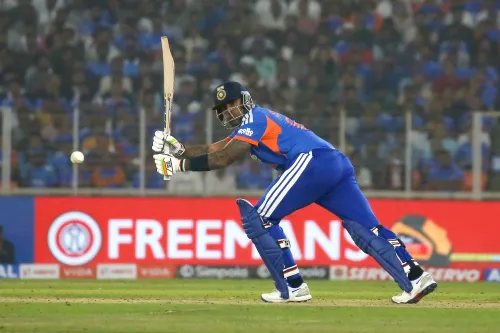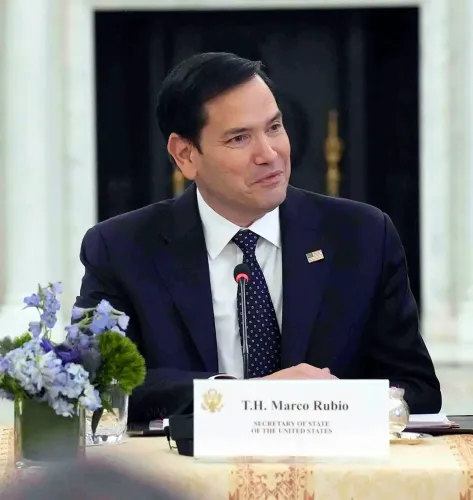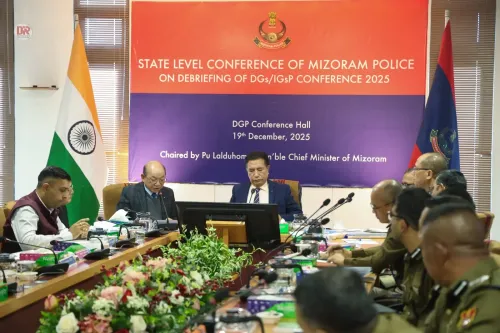Is Impeachment Looming for Justice Varma Amid Cash Allegations?
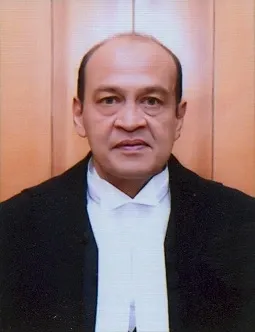
Synopsis
Key Takeaways
- BJP and Congress unite against corruption.
- Impeachment proceedings against Justice Varma reflect judicial accountability.
- Supreme Court committee findings lead to serious allegations.
- Constitutional procedures outline the impeachment process.
- Potential historical implications for India's judicial system.
New Delhi, May 28 (NationPress) In a remarkable display of solidarity, both BJP and Congress have rallied behind the central government, which is contemplating the initiation of impeachment proceedings against Justice Yashwant Varma of the Allahabad High Court.
This action follows a finding by a Supreme Court-appointed in-house committee that deemed him guilty of possessing unaccounted cash at his official residence in Delhi.
Currently, the government is considering the introduction of the impeachment motion during the upcoming Monsoon Session of Parliament, scheduled to commence in mid-July.
Previously, the Supreme Court had recommended that Justice Varma resign in light of the committee's findings. However, after his refusal, the then Chief Justice of India, Sanjiv Khanna, submitted the committee’s report to the President, advocating for Justice Varma’s impeachment.
In response to this situation, BJP MLA Ram Kadam stated to IANS, “If the individual tasked with delivering justice is embroiled in a significant act of corruption while serving on the Bench, then it is imperative for the government and Parliament to ensure justice for all. The judge must clarify the origin of such substantial sums of money. Appropriate measures should be taken.”
BJP spokesperson Nalin Kohli shared similar views, asserting, “This is a severe and sensitive issue. If unaccounted or even burnt money is discovered at the residence of a sitting judge, the truth must be unveiled. Subsequently, CJI Sanjiv Khanna established a Special Investigation Team to investigate. Today, all four pillars of democracy are demanding answers. Under Article 124, Justice Varma could be removed from office, with an FIR potentially to follow due to these criminal allegations. Whatever conclusion is reached will be made public.”
Congress MP Sukhdev Bhagat also voiced his party’s support for the initiative.
“While these proceedings are still in the preliminary phase, should the government opt to proceed with the impeachment motion, Congress will back it. We have always opposed corruption. Despite the judiciary's neutral and sacred role, allegations of corruption are severe. We believe he should step down voluntarily. However, I must question the BJP — why is there such a delay? Where are their constitutional institutions today? Congress will align with the government on this matter, although it is premature to comment on all uncertainties.”
According to constitutional guidelines, an impeachment motion against a judge can be initiated in either the Lok Sabha or the Rajya Sabha after obtaining approval from the respective presiding officer — the Speaker or the Chairman. The motion must receive support from at least 100 members in the Lok Sabha or 50 in the Rajya Sabha before it can be considered.
Once presented, the motion needs to be approved by a two-thirds majority of members present and voting in both houses of Parliament. Only then will it be forwarded to the President for final approval.
The case involving Justice Varma could soon become a rare occurrence of judicial impeachment in the history of India, with the nation observing intently as the proceedings develop.


